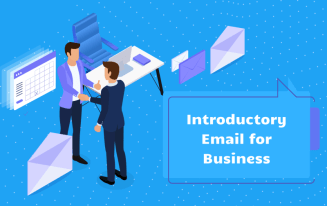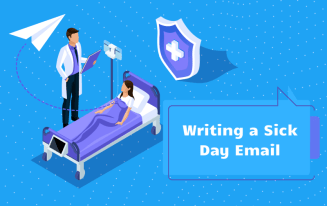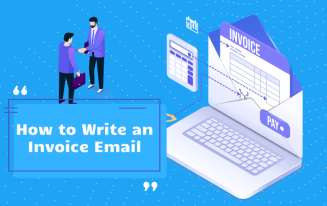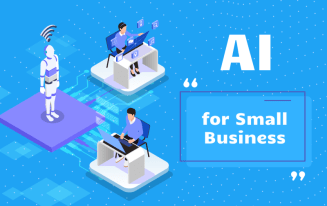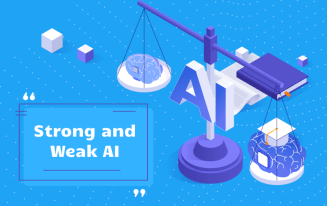How to write email to follow up after interview
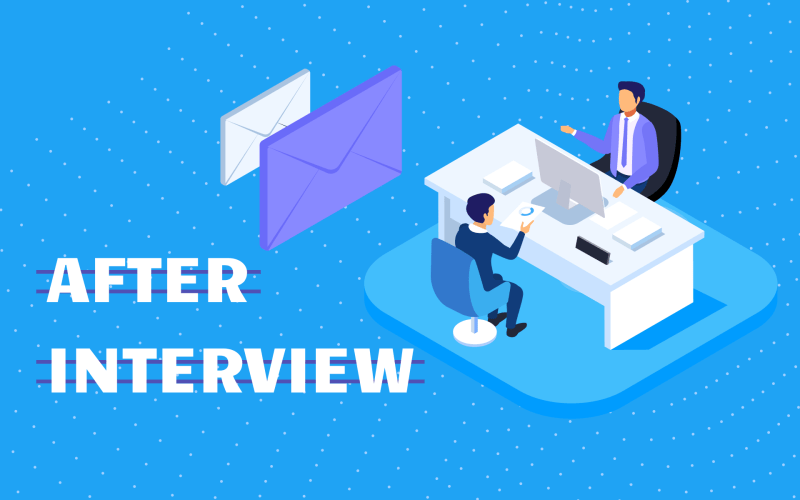
Moving through the corporate world can require a bit of finesse, especially when it comes to your speech. For example, those wondering how to write a follow up email after an interview want to take a specific approach for the best outcome. These emails don’t need to be overly drawn out or full of fluff. They should be concise yet effective, and you can ensure this with every email in a few ways. In this article, you'll get professional insight on how to write a follow up email after interviewing. Moreover, you’ll also get a look at a few templates that you can use at your discretion.

Employ the full range of AI advantages with AImReply and express your thoughts faultlessly in every email.
Table of Content
The primary reason behind a follow up email post-interview is to show interest and dedication to the position. You can bet that other candidates are doing this as well, as it can give you a leading edge in a very competitive space.
Once you receive a response, you can also use this opportunity to address any additional questions. The recipient will also feel better about contacting you anytime, as you seem more than happy to speak with them. If you're fortunate enough to receive a job offer, crafting a thoughtful email for accepting the job offer is crucial. It not only demonstrates your professionalism but also sets a positive tone for your future interactions with the employer.
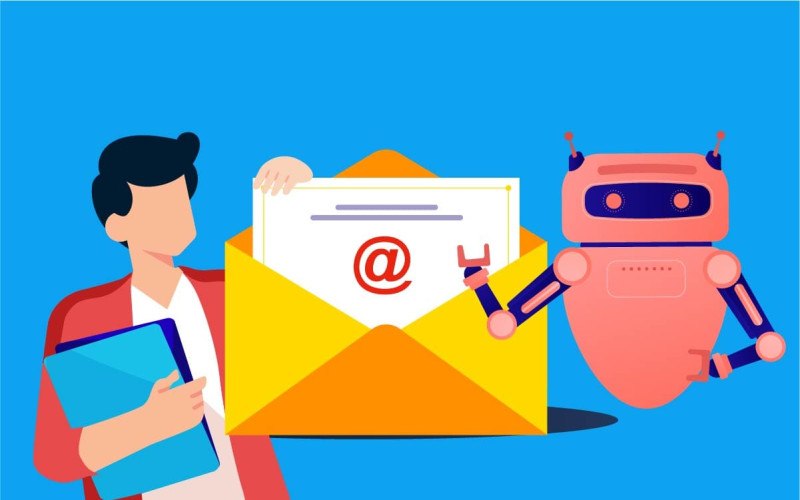
There’s a fine line between an effective follow up email and one that gets sent to the trash bin. All of it comes down to wording and tone. The exact words you choose and the emotions you convey in those words will guide the recipient to their response.
Sending an after-interview follow up email can be nerve-wracking as you feel like you’re bothering for some reason. You’re hoping they’ll reach out, but you also don’t want to get lost in a stack of applications. Drafting a follow up email never hurts; you just want to make sure it serves the intended purpose while putting you and the interview in a good light. It's crucial to also consider the email subject line for after an interview, as it can significantly impact the recipient's perception and the likelihood of your email being opened.
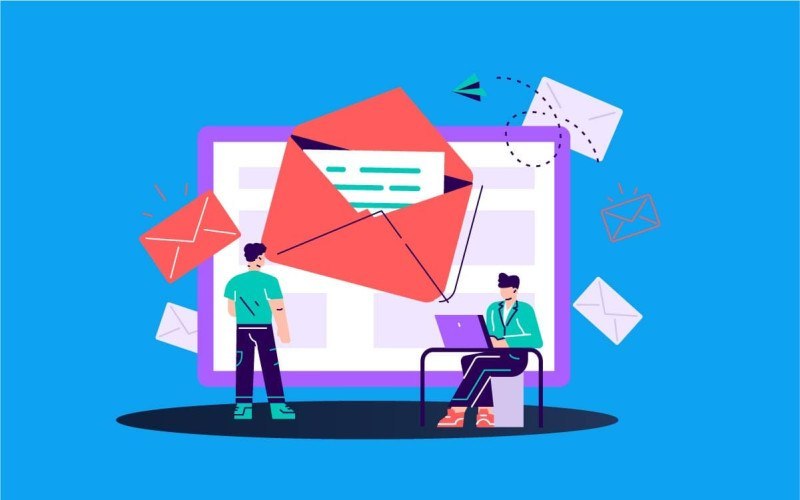
Follow Up Thank You Emails After Interview Templates
Many people don't consider themselves very good writers, which leads to overthinking and can actually make the writing worse than you expected. There's nothing wrong with making use of templates, as they offer professional insight that can be entirely customized to your needs.
While some templates are bound to work better than others, those listed below are proven to be effective for specific use cases after an initial interview. Keep in mind these are merely templates, and it’s wise to customize them with your own wording and structure. The important part is to retain the suggestions along the way so you come out with the best quality email draft possible.
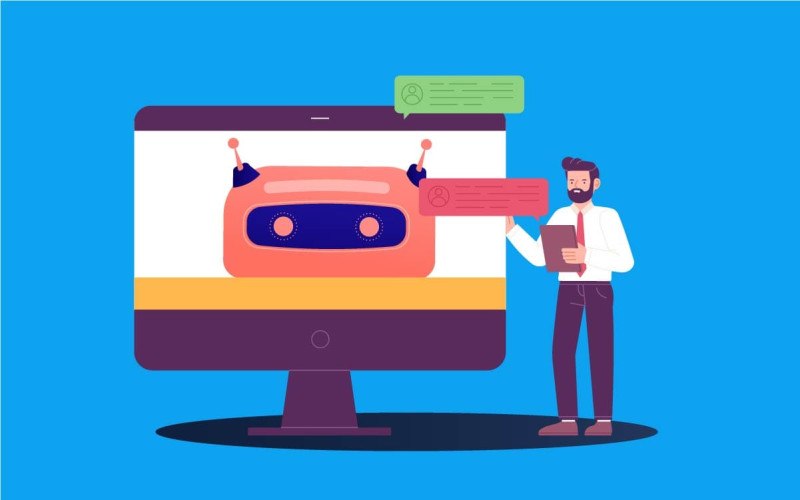
That first interview will have your nerves in a bunch before, during, and after. With all of the uncertainty surrounding the situation, you might feel compelled to send an email and check-in.
A follow up email after an initial interview is relatively common, but timing is everything. You never want to rush this email out the door. Remember, etiquette states that sending this email anywhere from three days to two weeks after your interview is acceptable. When the time comes, consider using the template below for inspiration.
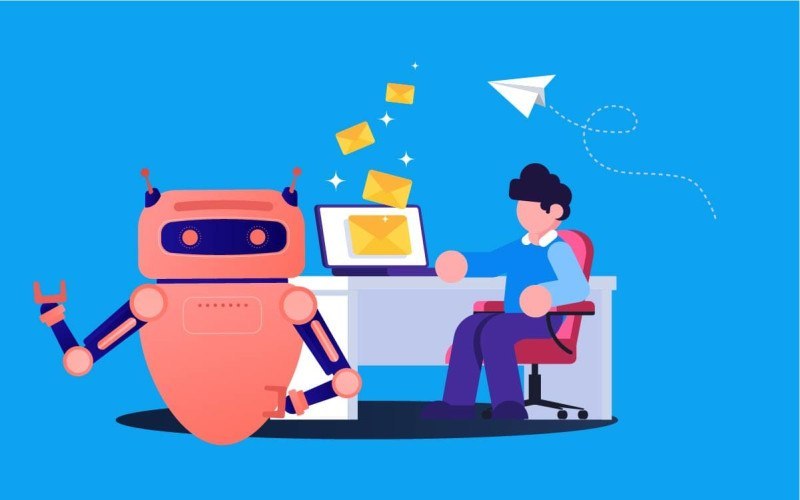
Subject Line: I enjoyed speaking with you [today/recently/specific date]
Hello [Contact Name],
My name is [Your Name], and we recently met for an interview regarding the position of [Job Title]. I’m more than excited to discuss the role further, and I wanted to reach out to see if you had any additional questions for me.
I'm confident I'd mesh well with your current workforce, and you are all working in a collaborative environment, which is great. Above all, I'm here if you need anything from me, and I hope to speak with you again soon!
Thank you again for your consideration, and I’ll be here when you’re ready to move forward.
All the best,
[Your name]
[LinkedIn URL]
And don't forget to include a signature at the end of your email. A typical email signature includes your full name, your position (if applicable), and your contact information. This adds a professional touch and ensures clarity in your communication
If you read closely, you can tell this email gets to the point but also adds a personal touch that calls back to your recent interview. These little details will help jog the memory of the recipient and make your candidacy much more memorable to the company.
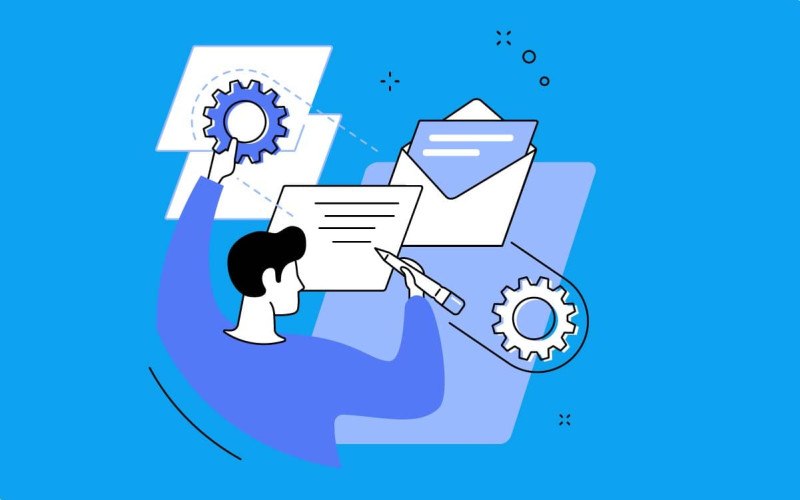
These follow up emails don’t need to be littered with CTAs either. If you simply want to send the hiring manager a kind thank you, that’s just fine and can be effective in its own right. Showing kindness and gratitude for the opportunity goes a long way. You’d be surprised at how many people don’t even put in that much effort. With the template below, you can send a professional yet personable thank you follow up email after interviewing.
Subject Line: Thank you for your time
Hi [Contact Name],
I just wanted to reach out and send a personal thank you for our recent meeting. I was really looking forward to the interview, and I appreciate all of your patience and understanding with my questions.
Secondly, it has been a little while, and I wanted to ask if there are any new developments regarding my interview. Whenever you have a minute, please reach out to me if you have any updates. Outside of that, I’ll be on standby if you have any additional questions for me. Thanks again!
Sincerely,
[Your Name]
[LinkedIn URL]
Although the email starts out with a genuine note, you also interject a small CTA to promote a response. Even if it's not the response you were hoping for, at least this route could give you closure. To further enhance your follow-up email strategy, explore the capabilities of AI email generators like AImReply, which can assist in crafting compelling CTAs and maintaining engagement with potential employers
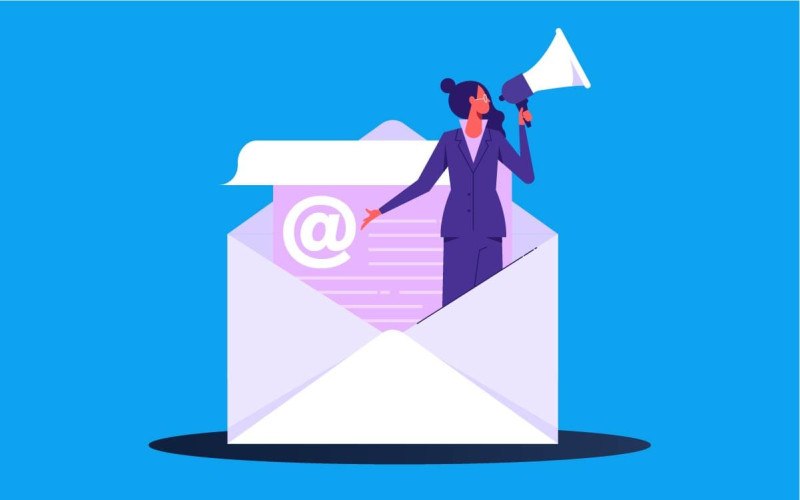
Depending on the recipient and company you’re contacting, being more informal in your approach could be more helpful than traditional methods. For example, some hiring managers will pick up on an overly professional email, which may appear disingenuous. This isn't always the case, but if you're more comfortable with less formal language, consider trying this template.
Subject Line: It was great meeting with you!
Hey there [Contact Name],
This is [Your Name], and I’m just following up to send a quick thank you regarding my recent interview. I was very excited to meet you and the team. I’m even more confident about the position than before, and I hope we can speak again soon.
I’m always reachable, so don’t hesitate to get in touch if this email crosses your plate. You can either respond to this email or even my personal cell number at [your phone number].
Much appreciated,
[Your Name]
[LinkedIn URL]
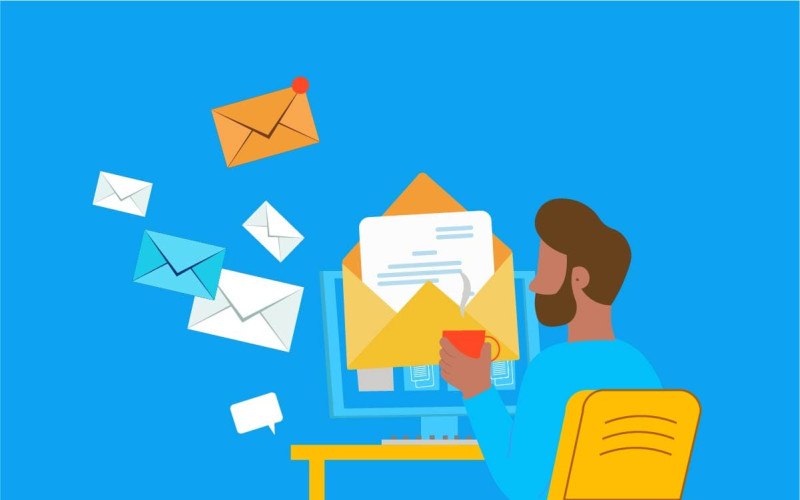
In some ways, this email offers the perfect blend of a professional tone but with more casual language. There are many people in the corporate world who love this approach, as it feels relaxed and genuine, as if you’re talking with a friend. For those seeking a balance between professionalism and informality in their communication style, AI email writing tools such as AImReply can provide valuable assistance in achieving the desired tone and impact
Then again, you also want to be careful with this template, as it could also lead to negative outcomes. Just as there are people who love the casual lingo, there are plenty of professionals who will disregard it entirely.
The best you can do here is to gauge your audience and determine if they're the right person for this type of message. We feel this shouldn't always be your first choice, but it's helpful to have on hand for the right circumstance.
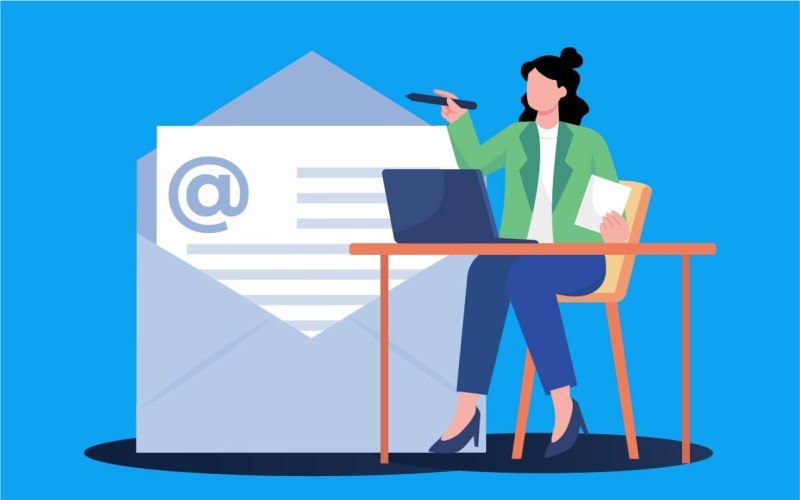
Final Thoughts
Not only can follow up emails be an anxiety-inducing experience, but it can also be time-consuming. Most people who are job hunting have a lot of contacts to follow up with, and this can end up being an entire task in itself.
By using tools like AImReply, you can streamline this process by automating email responses. AI-driven insights ensure the tool deliver error-free, unique text that’s created entirely from scratch. Every word that AImReply writes will be grammatically correct while following the tone and context required for the email. You can also access our tool from any of your devices, giving users more than enough ease of access.
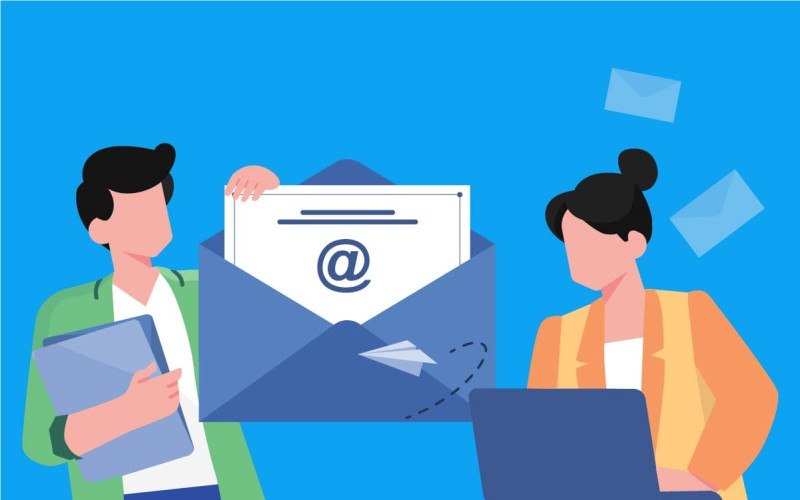
Better yet, it's able to execute these tasks at unmatched speeds, overall protecting your time and peace of mind. For more information on AImReply, visit our official website. We're always here to chat if you need us.
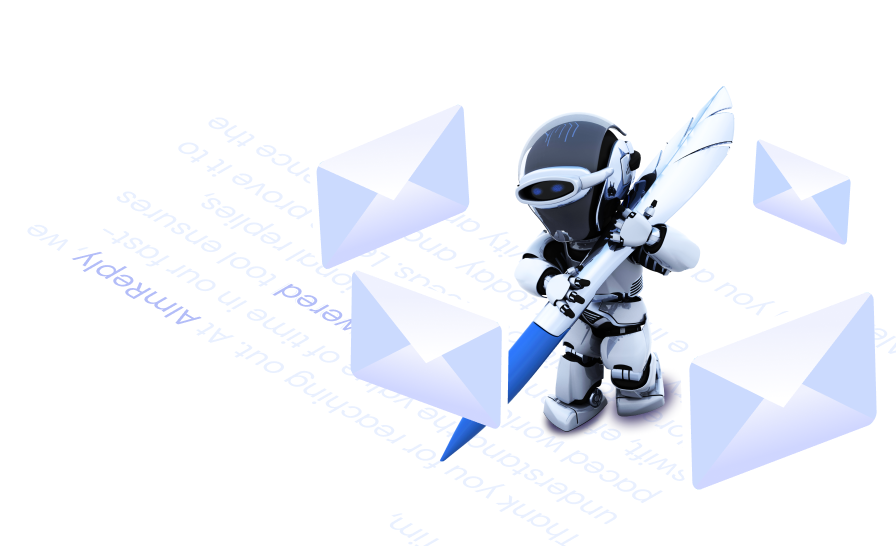
March 15, 2024
- 9 min
- 91
In the world of business, you have to be able to sell yourself. This is where it can be helpful to know how to write an introductory email for business purposes. As with any form of professional communication via email, there’s always a bit of tact when it comes to the writing.
March 25, 2024
- 10 min
- 146
Having to call in a sick day can be nerve-wracking as we want to convey the situation as clearly as possible. To avoid causing any hassle for colleagues when you’re sick, you’ll want to know how to write a sick day email for work.
March 18, 2024
- 8 min
- 139
If you want to get paid on time, you’ll want to learn how to write an invoice email for any professional situation. Although you’re owed payment for your work, being courteous and professional in your writing is important.






